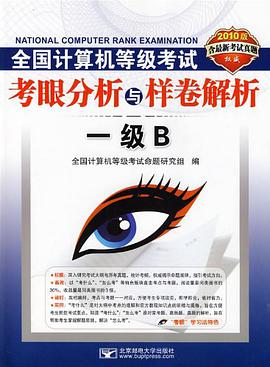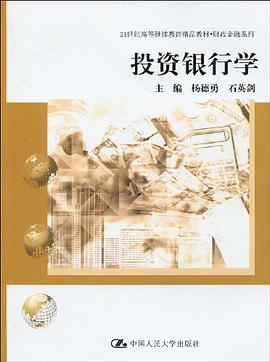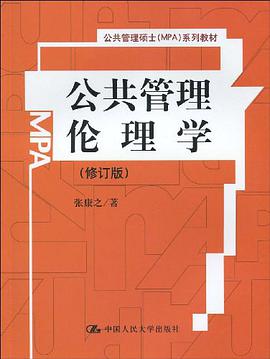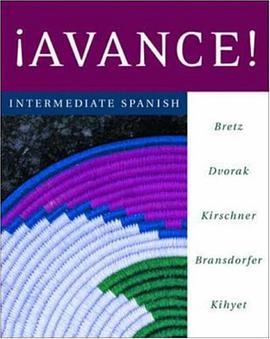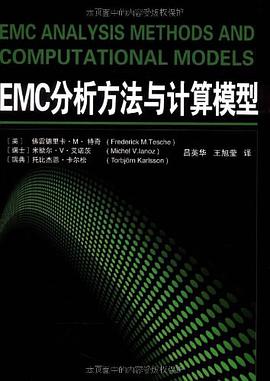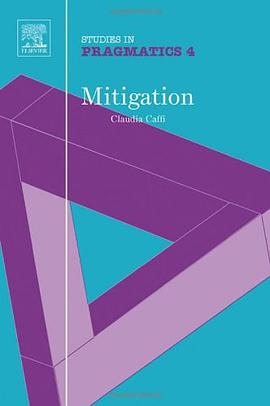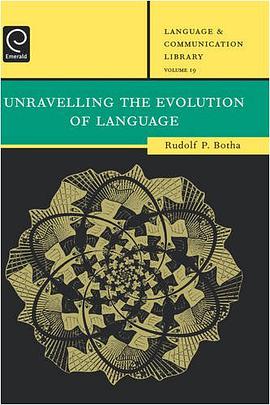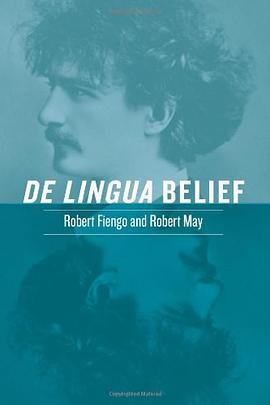

This is an investigation into the beliefs speakers have about language - their de lingua beliefs - that examines the genesis of these beliefs and the central explanatory role they play in the use and understanding of language. Speakers, in their everyday conversations, use language to talk about language. They may wonder about what words mean, to whom a name refers, whether a sentence is true. They may worry whether they have been clear, or correctly expressed what they meant to say. That speakers can make such inquiries implies a degree of access to the complex array of knowledge and skills underlying our ability to speak, and though this access is incomplete, we nevertheless can form on this basis beliefs about linguistic matters of considerable subtlety, about ourselves and others. It is beliefs of this sort - de lingua beliefs - that Robert Fiengo and Robert May explore in this book. Fiengo and May focus on the beliefs speakers have about the semantic values of linguistic expressions, exploring the genesis of these beliefs, and the explanatory roles they play in how speakers use and understand language. Fiengo and May examine the resources available to speakers for generating linguistic beliefs, considering how linguistic theory characterizes the formal, syntactic identity of the expressions linguistic beliefs are about, and how this affects speakers' beliefs about coreference. Their key insight is that the content of beliefs about semantic values can be taken as part of what we say by our utterances. This has direct consequences, examined in detail by Fiengo and May, for explaining the informativeness of identity statements and the possibilities for substitution in attributions of propositional attitudes, cases in which speakers' beliefs about coreference play a central role.
具體描述
讀後感
用戶評價
相關圖書
本站所有內容均為互聯網搜索引擎提供的公開搜索信息,本站不存儲任何數據與內容,任何內容與數據均與本站無關,如有需要請聯繫相關搜索引擎包括但不限於百度,google,bing,sogou 等
© 2025 onlinetoolsland.com All Rights Reserved. 本本书屋 版权所有



